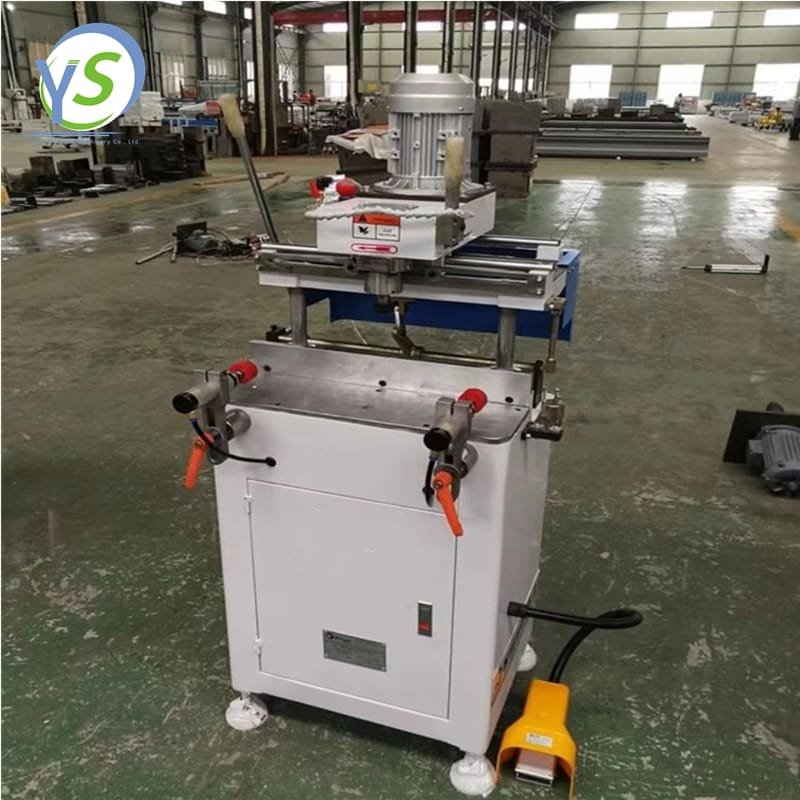The Aluminum Milling Machine is a specialized piece of machinery designed for precision milling operations on aluminum materials. It combines advanced technology with robust construction to efficiently shape, cut, and drill aluminum workpieces with high accuracy and finish quality. Here’s an overview of its key features and applications:
Design and Construction:
- Rigid Frame: Constructed from high-grade cast iron or welded steel, the milling machine’s frame ensures stability and vibration-free operation, crucial for achieving fine tolerances when milling aluminum.
- Precision Components: Featuring precision-ground spindles, guideways, and adjustable feeds, the machine guarantees accurate positioning and consistent cutting performance.
- Versatile Table: The adjustable worktable allows for precise positioning of workpieces in various angles and orientations, facilitating complex milling operations.
Key Features:
- High-Speed Spindle: Equipped with a high-RPM spindle capable of reaching speeds suitable for aluminum, which minimizes heat build-up and enhances surface finish.
- Coolant System: An integrated coolant system effectively lubricates and cools the cutting tools, prolonging tool life and maintaining optimal cutting conditions.
- Digital Controls: Modern milling machines often come with CNC (Computer Numerical Control) capabilities, enabling automated, repeatable milling processes with complex toolpaths programmed via CAM software.
- Tool Changer: For CNC models, an automatic tool changer facilitates the use of multiple tools without manual intervention, increasing productivity.
Applications:
- Aerospace Industry: Precision milling of aluminum components for aircraft structures, engine parts, and other critical assemblies.
- Automotive Industry: Manufacturing parts such as engine blocks, body panels, and frame components where lightweight and corrosion-resistant materials are essential.
- Electronics: Producing housings, brackets, and enclosures for electronic devices requiring intricate designs and smooth surfaces.
- Prototype Development: Rapid prototyping and small-batch production of aluminum parts for various industries, leveraging the machine’s versatility and precision.
Benefits:
- Efficiency: High-speed milling and automated processes significantly reduce cycle times and labor costs.
- Accuracy: Precision components and controls ensure parts meet tight tolerances and specifications.
- Versatility: Capable of handling a wide range of milling operations, from simple profiling to complex multi-axis machining.
- Scalability: From manual to fully automated CNC models, aluminum milling machines cater to different production needs and budgets.
In summary, the Aluminum Milling Machine is a versatile and indispensable tool in metalworking, particularly for industries that rely heavily on aluminum components. Its combination of precision, efficiency, and versatility makes it a key asset for achieving high-quality results in a wide range of applications.



